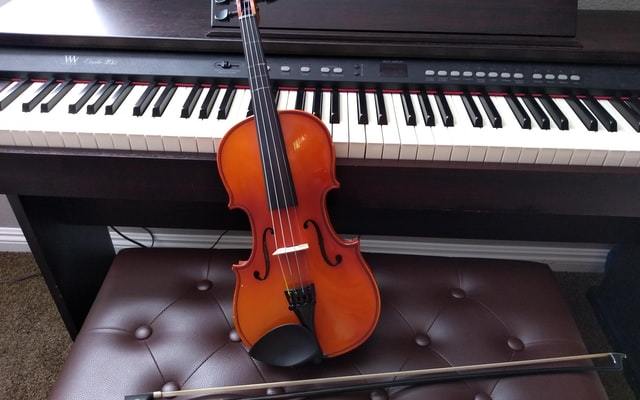Learning a musical instrument is a lot like learning a new language; both pursuits increase your brain capacity, help connect you to new communities, reduce stress, and increase your confidence in many ways. So if you need further encouragement, read on and pick your favourite instrument to learn and begin playing today.
Improve Memory
Whatever your age, learning an instrument means more than killing time and making noise; it has some real cognitive outcomes. One of the main benefits of learning a musical instrument is improving memory because playing music engages the entire brain.
To play an instrument successfully, you need both left and right hemispheres functioning for various aspects of the activity; You also need very good muscle memory. For this reason, you can strengthen your memory for other aspects of your life and improve your musical abilities.
Relieves Stress
It should come as no surprise to most people who listening to music can affect your mood. If you want to feel upbeat, you might listen to pop or rock, but if you are feeling melancholic, you might want to find something more somber to match your mood and find solidarity there.
However, music can have a real effect on the brain; it can change how chemicals work and reduce stress level or increase it depending on the type of active sound wave. Calm music lowers blood pressure and heart rate, thereby reducing the hormone cortisol.
Increase Intelligence
Studies show that kids who learn musical instruments while growing up display higher levels of intelligence in general. In general, these kids did better in math, science, English and languages. It is believed that this result is as a result of the training of the brain in learning music.
But you haven’t got to be a student to improve your intelligence with music. Of course, a younger brain may have a more natural learning capacity, and the owner of the brain may additionally have more inspiration or dedication, but anyone can improve their intelligence by keyboard piano.
Increase Confidence
Learning an instrument is both challenging and rewarding. To play an instrument, you need physical skills – the ability to blow a reed and make a sound or to press the nylon strings around the neck of the guitar. You will also need the ability to read music and plenty of dedication.
Learning an instrument can be frustrating at first, particularly when you get no grades and take criticism, but with time, patience, and dedication, you can see self-confidence-boosting improvements. Naturally, this confidence translates to other areas of your life.
Entertainment
Playing an instrument alone or with a group is a fun and interesting activity. Not only does it require your concentration to play, but you can listen to music and connect with other people in your band. There’s nothing more connecting than playing music together, and you can have this experience no matter what age you are or what stage your life is in.











